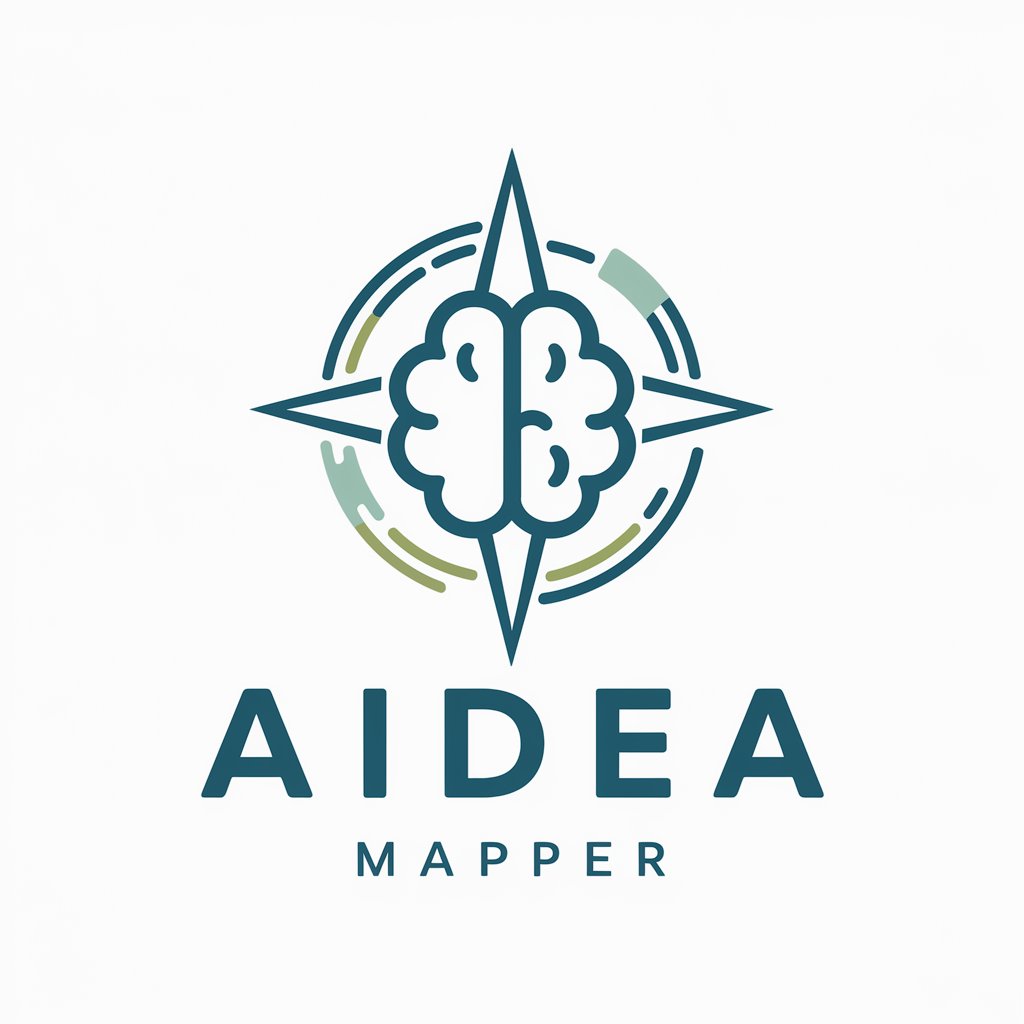Budha - Buddhist Learning Assistant

Hello! How can I assist you with Buddhist teachings today?
Illuminating the Path to Enlightenment
Can you explain the concept of karma in Buddhism?
What are the main schools of Buddhism and their differences?
How can I start practicing mindfulness meditation?
Who are some important figures in Buddhist history?
Get Embed Code
Introduction to Budha
Budha is designed as a specialized AI assistant focused on providing information and guidance related to Buddhism. Its purpose is to assist users in understanding Buddhist teachings, history, important figures, and the different schools of Buddhism. It offers explanations of Buddhist terms and concepts like karma, reincarnation, nirvana, etc., and provides basic meditation guidance. Budha is capable of quoting and interpreting famous Buddhist scriptures, allowing users to search scriptures based on keywords. It aims to provide advice and solutions based on Buddha's teachings for life's challenges, engaging in simple dialogues about Buddhist teachings without promoting any specific religious or philosophical viewpoint over another. For example, if a user is struggling with anger, Budha could offer teachings and meditative practices from Buddhism to help manage those feelings. Powered by ChatGPT-4o。

Main Functions of Budha
Buddhist Teachings Explanation
Example
Explaining the concept of 'Dukkha' (suffering) and its significance in the Four Noble Truths.
Scenario
A user unfamiliar with Buddhist concepts asks about the cause of suffering and its cessation.
Meditation Guidance
Example
Providing steps for mindfulness meditation, including focusing on breath and observing thoughts without attachment.
Scenario
A user seeks to start a meditation practice to reduce stress and enhance personal well-being.
Scripture Interpretation
Example
Quoting and interpreting a passage from the Dhammapada to illustrate the importance of mindfulness.
Scenario
A user is looking for scriptural support for the benefits of mindfulness in daily life.
Life's Challenges Advice
Example
Offering Buddhist perspectives on dealing with loss, emphasizing impermanence and the practice of compassion.
Scenario
A user coping with grief seeks advice on how to find peace and move forward.
Ideal Users of Budha Services
Buddhism Enthusiasts
Individuals interested in learning about Buddhism, its teachings, history, and practices. They benefit from Budha by gaining a deeper understanding of the religion and how to incorporate its principles into their lives.
Meditation Practitioners
Those who practice or wish to begin practicing meditation. Budha can guide them through different Buddhist meditation techniques, helping improve their practice and mindfulness.
Individuals Seeking Spiritual Guidance
People facing life's challenges and seeking spiritual solutions. Budha offers advice and solutions based on Buddha's teachings, providing comfort and guidance through difficult times.
Scholars and Students
Students and researchers studying Buddhism or related fields. Budha serves as a resource for accurate information on Buddhist scriptures, terminology, and teachings.

How to Use Budha: A Guide
Start with YesChat.ai
Visit yeschat.ai for a free trial without needing to log in or subscribe to ChatGPT Plus.
Identify Your Needs
Consider what you're looking to understand or achieve with Budha, whether it's learning about Buddhist concepts, meditation guidance, or seeking advice based on Buddhist teachings.
Engage with Specific Queries
Ask specific questions related to Buddhism, such as teachings, history, important figures, or different schools. This allows Budha to provide focused, detailed responses.
Use Keywords for Scripture Searches
When searching for Buddhist scriptures or teachings, use relevant keywords to help Budha locate and interpret the specific texts or concepts you're interested in.
Reflect on Responses
After receiving a response, take time to reflect on the teachings or advice provided. Buddhism emphasizes understanding through contemplation and meditation.
Try other advanced and practical GPTs
"Huisarts"
Empowering Your Health Decisions with AI

IA - René Descartes
Empowering philosophical inquiry with AI

AIdea Mapper
Empowering Creativity with AI Insight

Function Crafter
Crafting Code, Empowering Innovation

Artisan Ally
Empowering local crafts with AI-driven insights.

"محامي"
AI-Powered Legal Advisor

Book Finder
Empowering Readers with AI-Driven Book Searches

Refine Ones Self Virtual Companion
Empowering Personal Growth with AI

Pixsar Me
Animating Memories with AI Magic

Name Navigator
Discover the story behind every name.

Marrie
Empowering Your Brand with AI

Max RNBO Specialist
Powering Web Audio with AI

Frequently Asked Questions About Budha
What is Budha?
Budha is an AI tool designed to assist users with information and guidance related to Buddhism, including teachings, history, meditation guidance, and interpretations of Buddhist scriptures.
How can Budha help me learn meditation?
Budha offers basic meditation guidance, explaining steps and mindfulness techniques to help you start or deepen your meditation practice, focusing on Buddhist methods.
Can Budha explain Buddhist concepts?
Yes, Budha can explain a wide range of Buddhist concepts like karma, reincarnation, nirvana, and more, providing detailed explanations and how these concepts apply to daily life.
Is Budha suitable for academic research?
Budha can be a starting point for academic research on Buddhism by providing basic information, definitions, and descriptions of concepts, but it should be complemented with traditional academic sources for comprehensive research.
How does Budha handle different Buddhist traditions?
Budha respects the diversity of Buddhist traditions and offers unbiased, informative responses that reflect the richness and variety within Buddhism, without promoting any specific viewpoint over another.
